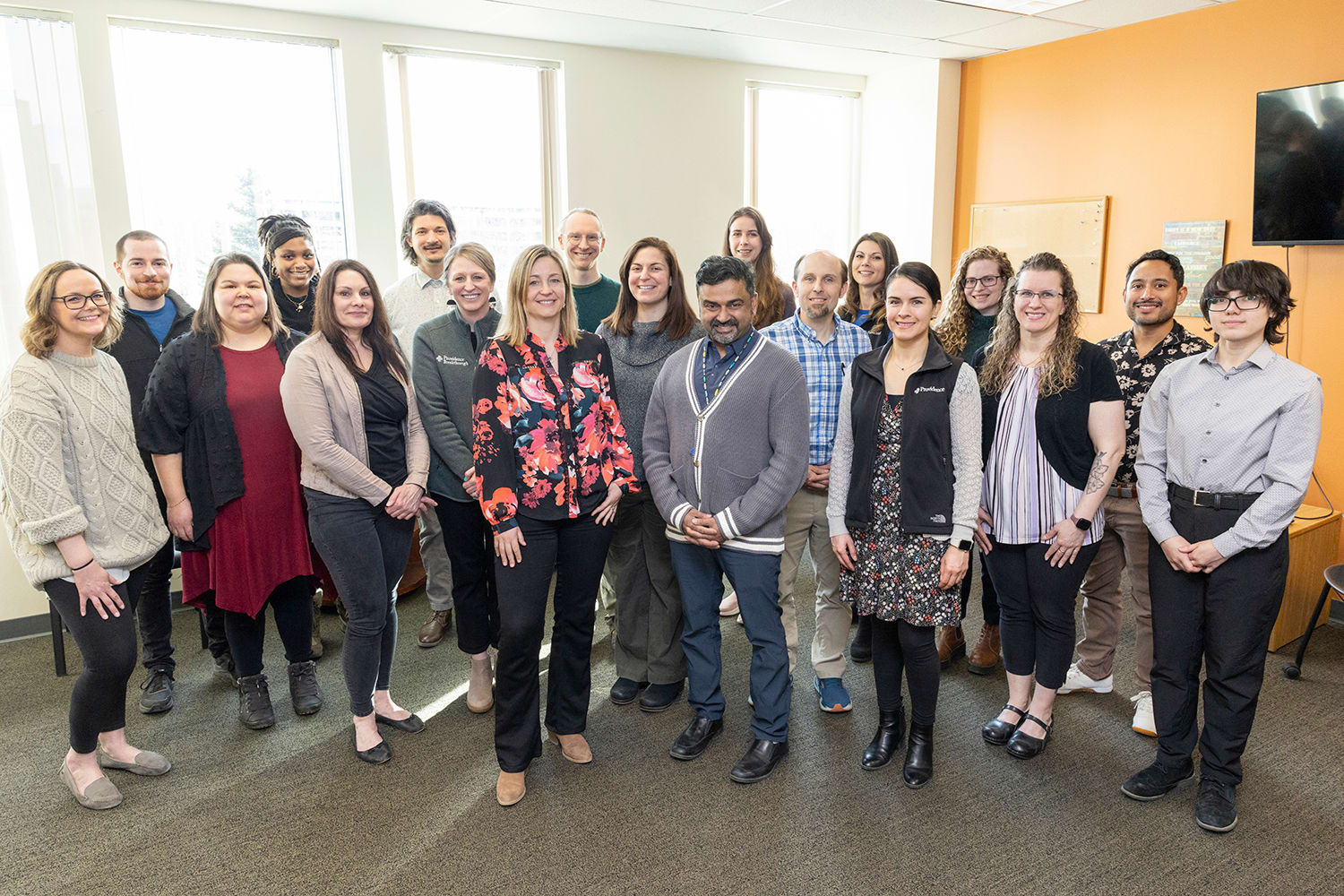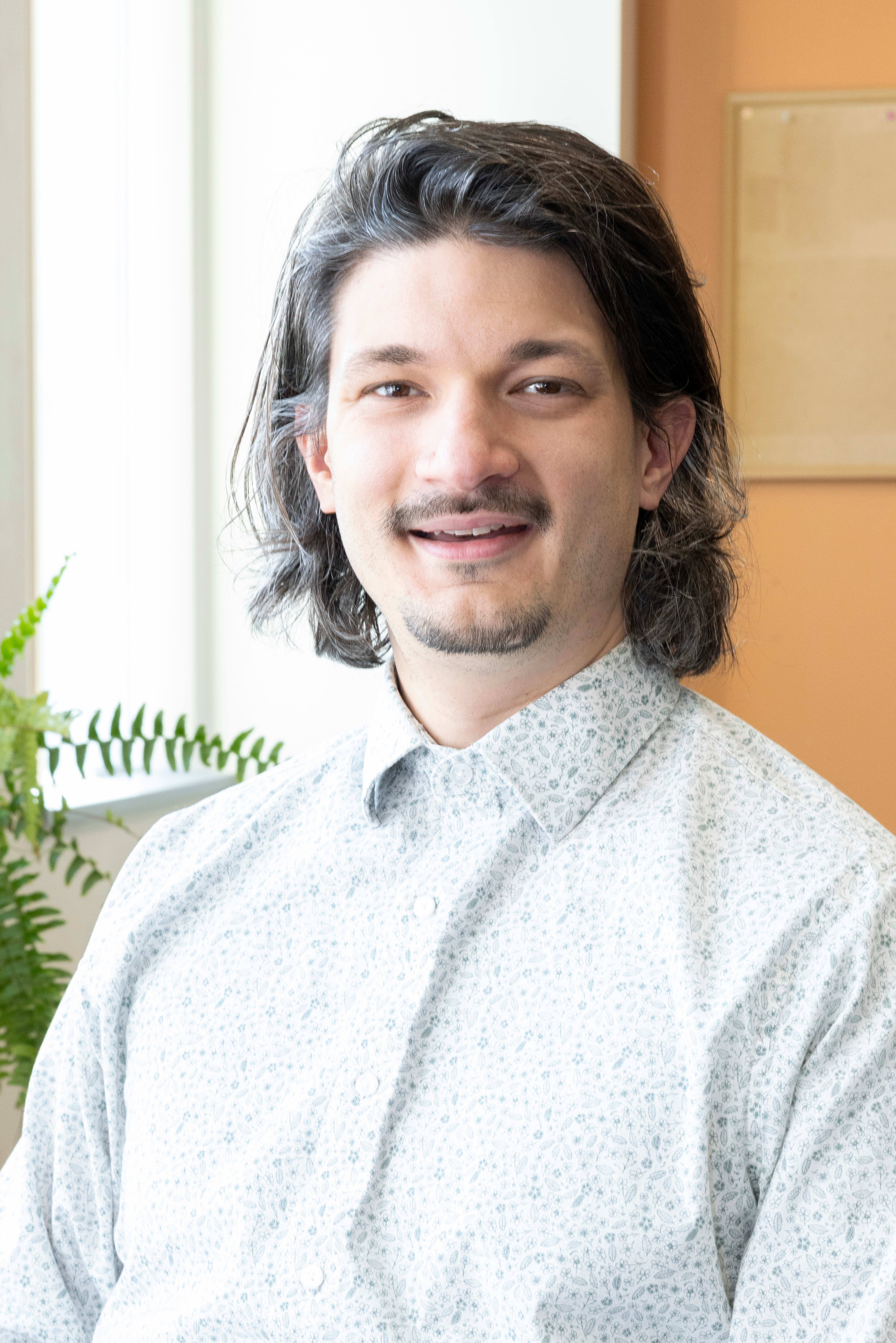
For more than 120 years, Providence Alaska's commitment to provide for the poor and vulnerable in our state has been unwavering. In 2024, we invested $73 million in the health and wellness of the communities we serve, including $25 million in free and discounted care. Download the print version of the 2024 Community Benefit Report here.
ANCHORAGE, Alaska — Doctor Betty Anderson’s grandfather operated a medical clinic in rural Ghana, and she remembers growing up hearing stories of his time there. When she was training in medical school in Stony Brook, N.Y., she watched as the opioid epidemic wrought havoc in Suffolk County. Those stories from her childhood — of people dying from diseases that could have been treated if the resources were there — mirrored the epidemic.
“I grew up knowing about stark health disparities,” Anderson said. “But I hadn’t expected to see them so close to home. There were so many overdoses, in parking lots and in the ER, and yet there were few treatment resources, and no time spent on addiction medicine in school.”
In residency in Alaska, Anderson continued to see the need for addiction medicine, especially in services for pregnant women.
 When learning about Alaska’s Addiction Medicine Fellowship, Anderson was immediately interested. “I feel like this is a large area for growth and it’s a good convergence of public health, and service,” she said. She is currently one of two doctors serving in the fellowship.
When learning about Alaska’s Addiction Medicine Fellowship, Anderson was immediately interested. “I feel like this is a large area for growth and it’s a good convergence of public health, and service,” she said. She is currently one of two doctors serving in the fellowship.
The Addiction Medicine Fellowship is a relatively new program within the Alaska Family Residency. The one-year Accreditation Council for Graduate Medical Education-accredited program provides advanced addiction medicine training to physicians who have completed a residency program.
Donations to Providence Alaska Foundation helped cover the essential startup costs, including administration, recruitment and onboarding. Last year, Providence Alaska supported the program with $10,000 in additional funding to help better serve some of Alaska’s most vulnerable populations.
Most of the fellows’ work is completed at Breakthrough, a Providence-run program that helps individuals 13 and older with substance use disorders. The program offers counseling, support and other care patients may need to help them develop the skills for sober living.
“Breakthrough is a cool clinic,” said Program Director Ryan Wallace, M.D., MPH. “It’s a substance use disorder clinic, where we provide counseling, medications for addiction treatment and harm reduction. There is a robust clinical team that is doing therapy, and we work with individuals in various stages of recovery. The goal with Breakthrough is to create a low-barrier clinic that meets people where they are at.”
At Breakthrough, fellows receive contemporary training in the diagnosis, treatment and prevention of substance use disorders that are grounded in the principles of social justice. The program emphasizes delivery of care to rural and urban underserved populations and adheres to the overarching belief that all people deserve respect and dignity, even – and sometimes especially – when they are at their lowest.
Will Bemben, M.D., is the second of the two current program fellows. He said what he most likes about today’s treatment of substance use disorders is the changing attitude among medical professionals.
“Treatments today can be successful,” he said. “It’s like treating diabetes and high blood pressure. The stigma has improved a lot; harm reduction has really been embraced, and that has changed everything.”
Seth Workentine, M.D., was the first physician to complete the Alaska Addiction Medicine Fellowship and now is on the faculty staff. He, along with Bemben, Anderson, Wallace and countless others on the staff and faculty represent a new generation of addiction clinicians who are focused on new treatment solutions for the most vulnerable in Alaska.
“There is no one in this world that faces more discrimination than a pregnant mother fighting substance use,” Workentine said. “Every person deserves compassion, and these kinds of programs help them have a better chance at success.”
About the Author
More Content by Providence News Team
















